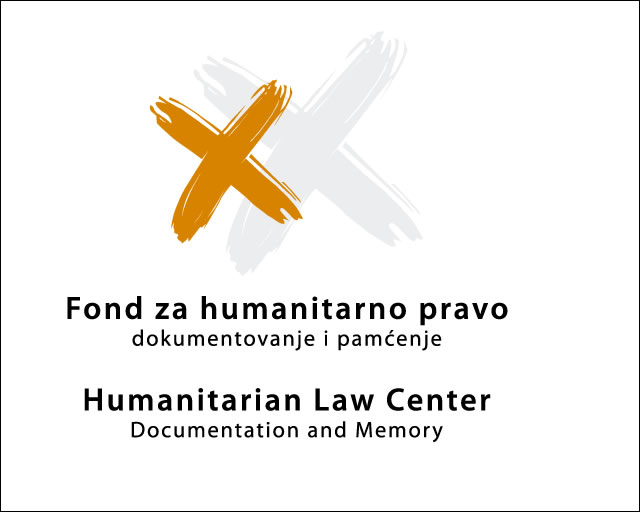Croatian Citizen Veljko Maric Should Have Been Tried in Croatia, not in Serbia
 Department for War Crimes of the High Court in Belgrade sentenced on September 23, 2011 the accused Veljko Maric to 12 years in prison for war crimes committed in 1991 against civilians in the village Rastovac (Croatia). The Humanitarian law Center believes that Veljko Maric, a Croatian citizen, should be tried in Croatia, that the Republic of Serbia should have extradited him to Croatia, and that it should have submitted evidence against him to the State Attorney’s Office of the Republic of Croatia, in accordance with the 2006 Agreement on cooperation in the prosecution of war crimes offenders. HLC reminds that the War Crimes Prosecutor of the Republic of Serbia has filed at least 10 indictments against war criminals, citizens of Serbia, based on evidence handed over to it by the State Attorney’s Office of the Republic fo Croatia.
Department for War Crimes of the High Court in Belgrade sentenced on September 23, 2011 the accused Veljko Maric to 12 years in prison for war crimes committed in 1991 against civilians in the village Rastovac (Croatia). The Humanitarian law Center believes that Veljko Maric, a Croatian citizen, should be tried in Croatia, that the Republic of Serbia should have extradited him to Croatia, and that it should have submitted evidence against him to the State Attorney’s Office of the Republic of Croatia, in accordance with the 2006 Agreement on cooperation in the prosecution of war crimes offenders. HLC reminds that the War Crimes Prosecutor of the Republic of Serbia has filed at least 10 indictments against war criminals, citizens of Serbia, based on evidence handed over to it by the State Attorney’s Office of the Republic fo Croatia.
Veljko Maric was arrested on April 18, 2010 in Dimitrovgrad, at the border crossing between Bulgaria and Serbia. The competent authorities of the Republic of Croatia filed a request for Maric’s extradition. Department for War Crimes of the High Court in Belgrade rejected the request, while the Appellate Court in Belgrade confirmed this decision on January 16, 2011.
Veljko Maric, former member of the 77th Independent Battalion of Grubisno Polje, was arrested without having been given an indictment or a request for investigation previously issued by the War Crimes Prosecution. Scheduled trials have often been postponed because the War Crimes Prosecution failed to deliver to the defense the testimonies of witnesses examined in the investigation. Although the defense attorney of the accused, attorney Djordje Dozet, rightly requested that the minutes of the hearing of several witnesses before the County Court in Bjelovar be exempt from the the case file given that the witnesses had been examined in the case against an unknown perpetrator, and hence could not be used as evidence against the accused Maric, the Court Chamber rejected his proposal.
The trial commenced on October 7, 2010 and lasted for six days, during which ten witnesses were examined. Maric denied involvement in the cleansing action of the village Rastovac. The Chamber was sympathetic to the testimonies of Josip Kiseli and Darko Cerni, who on the day in question, togerther with the accused Maric, left the point in Ivanovo Selo to take part in the actionClippings (Otkos). Cerni was with Maric when the accused, at the entrance to the village Rastovac, entered the house of the family Slijepcevic. Cerni heard shooting. Zeljko Slijepcevic, son of the killed Petar Slijepcevic, also appeard in court and said that his mother Ana had told him that on October 31, 1991, around 9:00 am, the accused Veljko Maric broke into their house and yelled: Are there any Chetniks here?! When they replied that there were no Chetniks in the house, maric grabbed Zeljko’s father by his chest, pushed him onto the bed in the kitchen and killed him. His mother Ana was an invalid and a cardiopathy patient, and was unable to testify in court. The court accepted her written statement.
HLC urges the states in the region to prosecute their own citizens, and to deliver the evidence on foreign nationals’ liability to the authorities of their countries. This principle contributes to efficient prosecution of war crimes and reduces tensions between countries in the region which has increased in the past year, primarily due to unprofessional conduct of the competent authorities of the Republic of Serbia (in the trial of Ilija Jurisic, in the Ganic, Purda case, indictments against foreign nationals).





